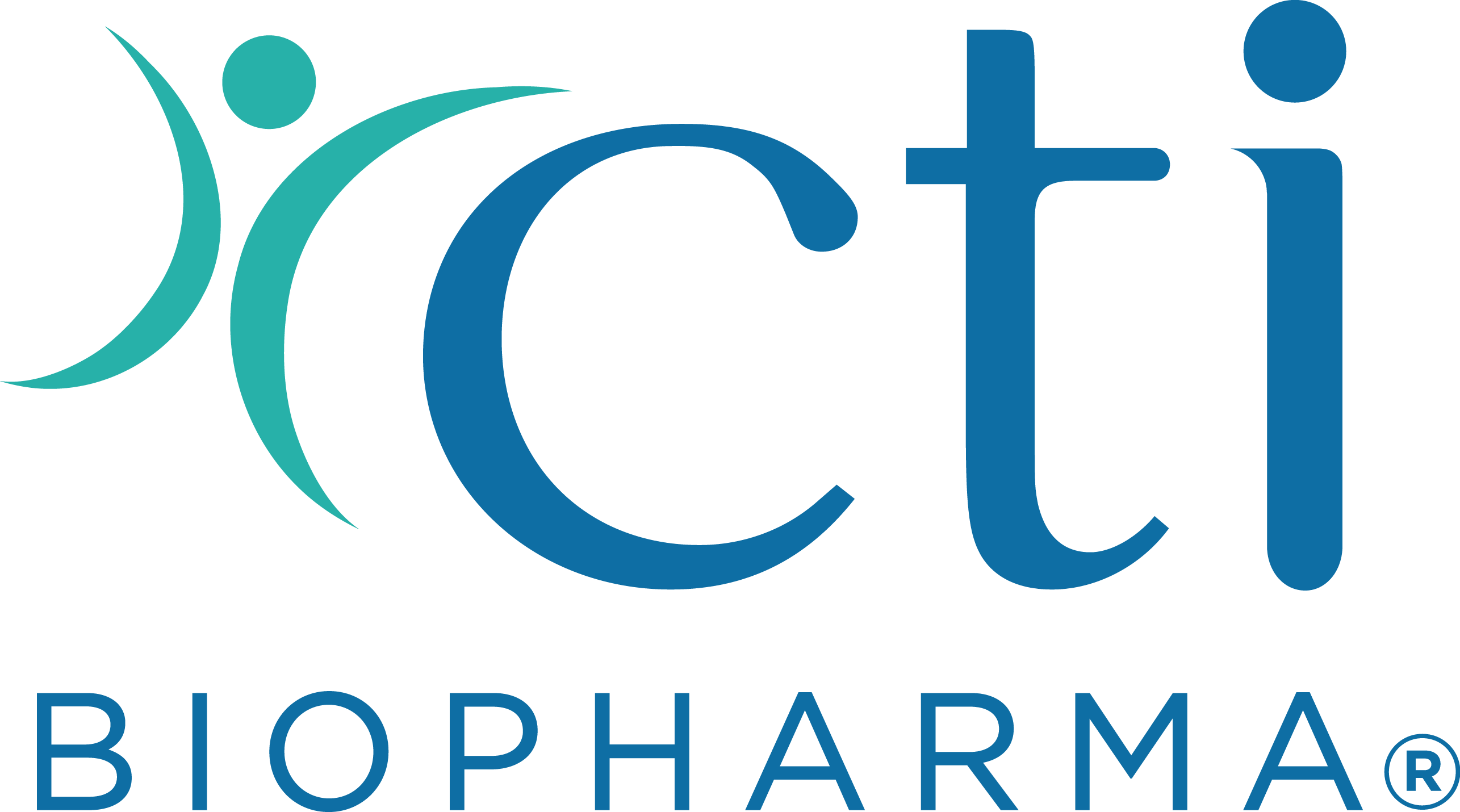Fatigue
Additional Resources
No Additional Resources
Fatigue is a daily lack of energy or an unusual feeling of whole-body tiredness that does not get better with simple rest or sleep. It is different from feeling tired which normally goes away after you sleep. Fatigue interferes with daily activities and can affect quality of life.
Our Supplemental Sheet
This sheet is available to download as an Adobe PDF.
Get Fatigue Supplemental Sheet
FATIGUE ORAL CHEMOTHERAPY EDUCATION Fatigue is a daily lack of energy or an unusual feeling of whole-body tiredness that does not get better with simple rest or sleep. It is different from feeling tired which normally goes away after you sleep. Fatigue interferes with daily activities and can affect quality of life. What causes fatigue? Fatigue is one of the most common side effects of cancer and its treatments including surgery, chemotherapy, and radiation. Sometimes the exact cause of fatigue cannot be found or fatigue may be related to one or more causes, including: o Anemia—low level of red blood cells o Decreased nutrition levels o Dehydration due to fluid loss or poor fluid intake o Depression or anxiety o Hormone levels that are too high or too low o Lack of exercise o Medications to treat pain or nausea o Pain o Stress o Other medical problems such as heart, lung, kidney, or nerve problems To feel better, do the following: o Manage your activity level to save your energy. • Pace yourself and do tasks when you have the most energy. • Take time to rest in between times when you are more active. o Drink plenty of fluids. • Drink at least 8-10 cups/day or as recommended by your doctor. • Fluids can include water, sports drink, broth, weak decaffeinated teas, clear juices, and gelatin. o Maintain good nutrition. • Eat 5 or 6 snacks or small meals during the day instead of 3 big meals. • Eat plenty of protein including milk, yogurt, eggs, lean meats, fish, and poultry such as chicken or turkey. • Ask your healthcare provider to refer you to a dietitian who can advise you on how many calories you need and provide suggestions. o Regular, moderate exercise is one of the best ways to lessen fatigue. • Moderate exercise is anything that gets your heart beating faster. • Regular means every day, or at least every other day. • Even during cancer treatment, it is safe to continue regular physical activity. o Exercise may include things like walking, riding a bike, swimming, water aerobics, pushing a lawn mower, or gardening unless your healthcare provider has instructed otherwise. o Most importantly, move your whole body for periods that you can tolerate. Even doing laundry or walking to the mailbox may be exercise. Important notice: The Association of Community Cancer Centers (ACCC), Hematology/Oncology Pharmacy Association (HOPA), National Community Oncology Dispensing Association, Inc. (NCODA), and Oncology Nursing Society (ONS) have collaborated in gathering information for and developing this patient educational supplement. This summarized information represents a brief summary of supportive care information and other resources. This supplement does not cover all existing information related to the possible directions, doses, precautions, interactions, adverse effects, or risks associated with specific medication or adverse events and should not substitute for the advice of a qualified healthcare professional. Provision of this supplement is for informational purposes only and does not constitute or imply endorsement, recommendation, or favoring of this side effect management by ACCC, HOPA, NCODA, or ONS, who assume no liability for and cannot ensure the accuracy of the information presented. The collaborators are not making any representations with respect to the clinical information presented whatsoever, and any and all decisions, with respect to such patient management, are at the sole risk of the individual consuming the medication. All decisions related to education and managing adverse events should be made with the guidance and under the direction of a qualified healthcare professional. Permission: Supplemental Oral Chemotherapy Education (OCE) sheets are provided as a free educational resource for patients with cancer in need of concise, easy-to-understand information about cancer topics and adverse event management. Healthcare providers are permitted to copy and distribute the sheets to patients as well as direct patients to the OCE website for information. However, commercial reproduction or reuse, as well as rebranding or reposting of any type, are strictly prohibited without permission of the copyright holder. Please email permission requests and licensing inquiries to This email address is being protected from spambots. You need JavaScript enabled to view it.. Copyright © 2022. All rights reserved. • Try to build up to 150 minutes of moderate activity a week, or exercising for a total of 20 to 30 minutes a day. It does not need to be done all at one time. • The type and amount of your physical activity may change during and after cancer treatment. • Talk to your healthcare provider about your current activity level and types of exercise best for you. What can you do to lower stress? o Aromatherapy o Massage o Music therapy o Yoga Talk to your doctor before trying any new medications, over-the-counter products, herbal products, or supplements for your fatigue. Call your care team if you have: o Fatigue that keeps you from being able to care for yourself o Shortness of breath with very little activity o Pain that you cannot control or does not go away o Difficulty controlling side effects of your treatment, including nausea, vomiting, diarrhea, or loss of appetite o Ongoing or new depression or anxiety Additional instructions










